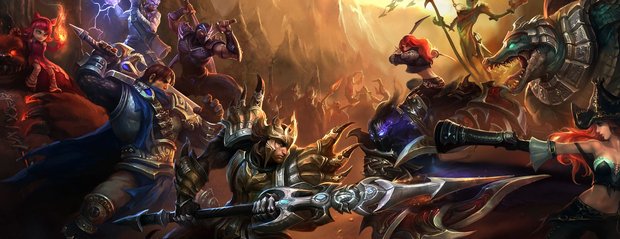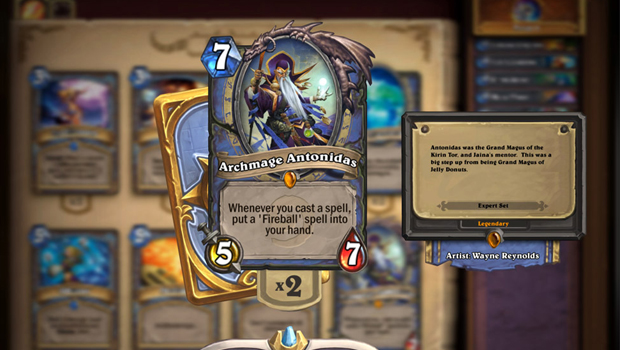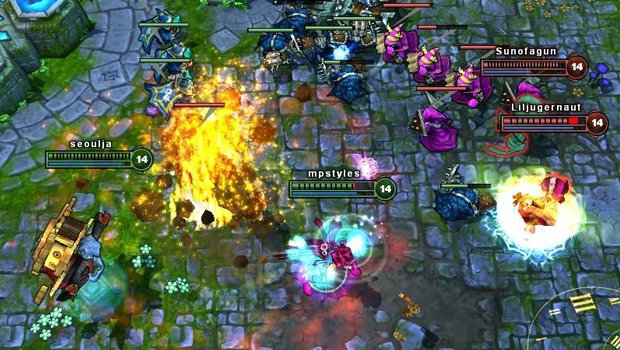Riot's proposed contract for pro LoL players buffs Riot, nerfs eSports
This morning, a bombshell dropped in the world of eSports: Riot Games, the company behind the insanely popular League of Legends, sent out proposed contracts for all professional players (and no, I'm not talking about that annoying kid you know who keeps saying he's "pro as heck" at LoL). Within them came the shocking stipulation that they cannot stream League’s competitors on their personal Twitch streams. The story has caused quite a bit of controversy, and for good reason--it's hilariously ridiculous.
Let’s get this out of the way: Contracts are always up for negotiation. No one at any of the LCS (League Championship Series) teams nor anyone at Riot Games has signed anything yet. The terms laid out by Riot that state certain games cannot be played by players employed by the LCS (as reported by onGamers) are not set in stone. So, the seemingly draconian rules laid out by the League of Legends developer can change at any moment.

That said, the leaked contract has found itself to be the object of much scorn from the eEports community in the hours since it was posted. The list of banned games is nearly 30 games strong, including some of League’s biggest challengers like Dota 2, the StarCraft games, and… Hearthstone, which, actually isn't really a competitor, but it's on there anyway.
Well, that seems rather harsh, doesn’t it? By outright banning professional players from playing any of their competitor’s games, it seems that Riot has chosen to go ahead and remove their players from the eSports scene as a whole, instead forcing them into a space where they can only play one competitive game, at least publicly.
From a business perspective, it makes total sense. If you were, say, Coca-Cola (a company that is sponsoring Riot’s amateur Challenger tournaments, by the way), and you were to live stream someone drinking 2-liter of the stuff, would you like if they took a break in between glasses to take pleasurable swigs of Pepsi or Red Bull? Probably not. You’d want viewers to think that the only thing in the world worth drinking is a nice, frosty glass of Coke.

In much the same way, Riot Games doesn’t want the rest of the world to play Dota 2, Hearthstone, or Heroes of Newerth. They want you to spend all of your time on the Summoner’s Rift, dropping dollars on champions and Popstar Ahri skins. Riot’s got the biggest game in the world right now on their hands, and they want to make sure it stays that way.
Though, it is undeniable that something about the whole situation smells rather fishy. For as much as it's like Coke not wanting to see you drink Pepsi, it's also like the NFL not wanting its players to be seen playing Angry Birds. Pro League players have been playing competitor’s games on their personal streams for a while now (looking at your Hearthstone playing habit, TSM Dyrus), with nary a peep from Riot. There’s a rumor floating around that Riot asked coaches to request that their players don’t play other eSports during last year’s competitive season, but that’s fairly unconfirmed.
Weekly digests, tales from the communities you love, and more
So, why would Riot make this change now? Well, things are getting heated in the eSports scene. Sure, Riot is still the king of the jungle (get it?) in terms of eSports viewership--a lead that’s growing every day--but there are definitely those who are carving out their piece of the pie. This summer’s Dota 2 world championship tournament The International 2013 drew over a million concurrent viewers, while veteran standby StarCraft 2 remains incredibly popular. With next-gen consoles including built-in streaming capabilities, eSports is only going to rise in popularity.

However, the exclusivity treatment seems like a questionable move. Sure, players can stream games that aren’t on the ban list, but the request comes at somewhat of a higher cost.
Riot Games has always claimed to be supportive of eSports as a whole, not just their game in particular. Now, as suggested by this proposed contract, it seems it’s decided to take the wrong route. It may be unintentional on their part, but such an exclusivity makes it feel like the company is pushing to delegitimize games that aren’t League of Legends as a whole. For a growing scene, that’s troubling.
For eSports to grow, more games need to be present on the scene. We need variety in our spectator games. The stronger every game gets, the stronger the eSports community gets. And Riot’s new contract with LCS pros actively works against that goal.
Taylor Cocke is a Los Angeles-based writer and producer who spends too much time watching numbers go up in MMOs and ARPGs. You name it, he's written and/or produced for them, which is shocking considering the aforementioned MMO playing.


